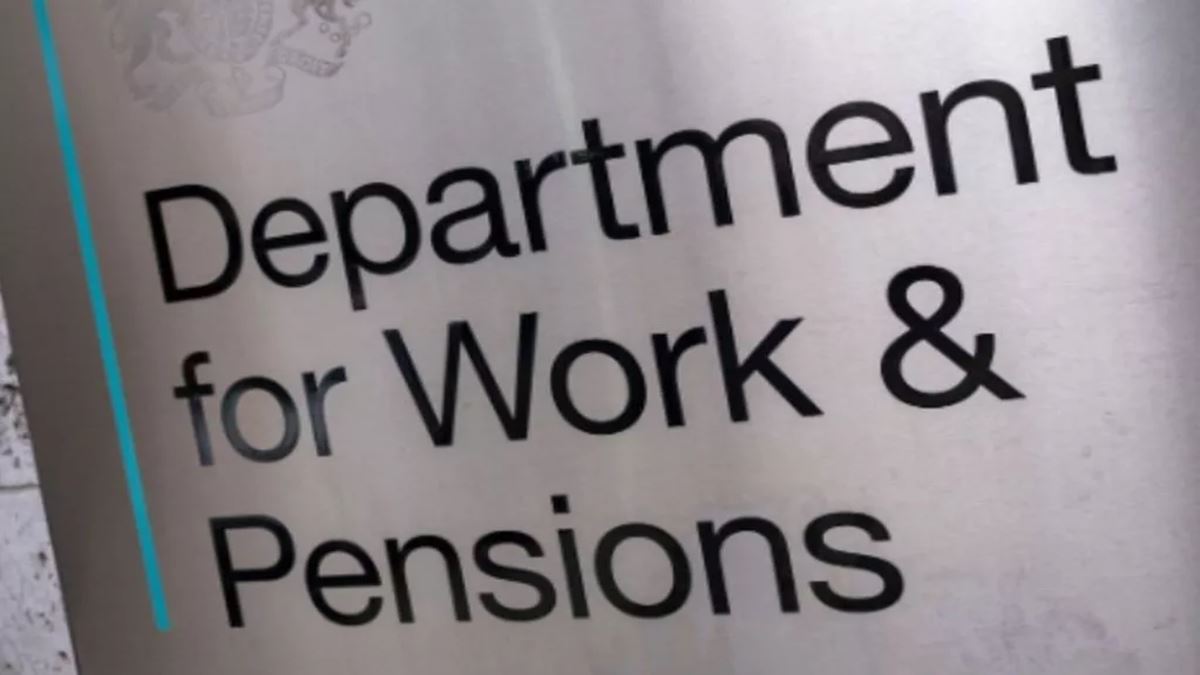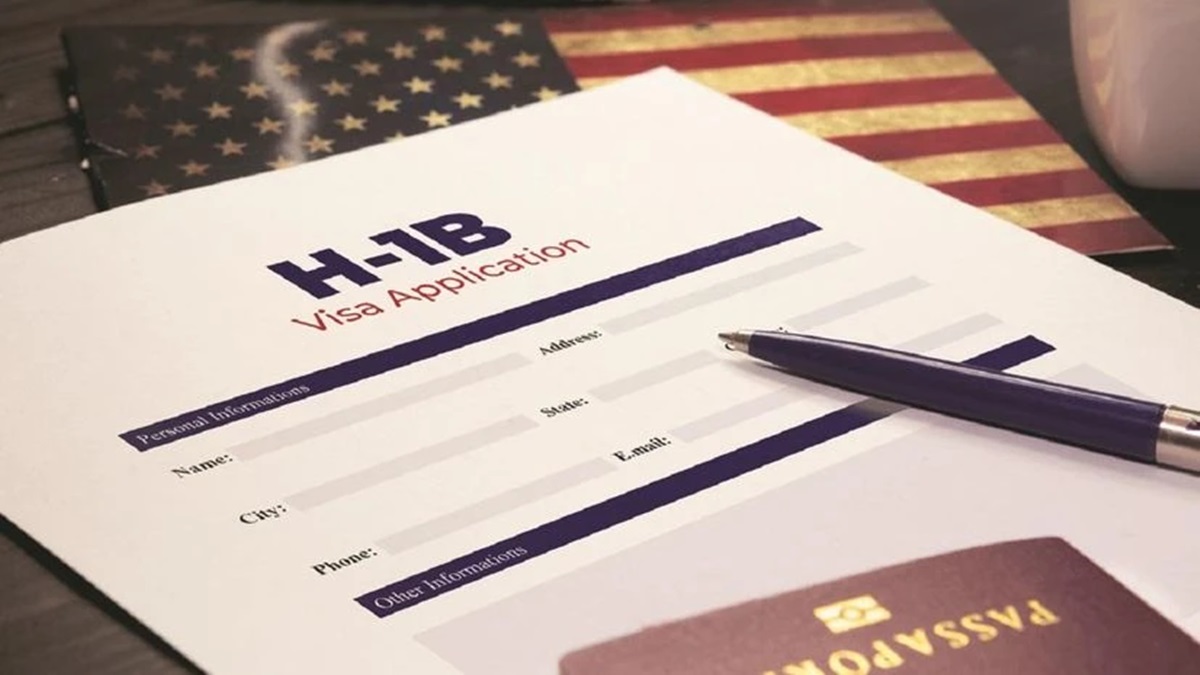The Court of Cassation in Abu Dhabi has ordered an employer to compensate a former employee for 13 years of unused annual leave.
The case involved an employee who worked at the company from 2009 until his contract was terminated in June 2022. After leaving the organisation, the employee claimed he had never taken his entitled annual leave during his tenure and sought financial compensation. According to Habib Al Mulla and Partners, the employer failed to provide any documentation proving otherwise.
As a result, the court awarded the employee Dh59,290 in compensation.
Initially, in case number 2024/73, a lower court had ruled in favour of the employee but limited the compensation to a maximum of two years’ worth of unused leave. However, the Court of Cassation overturned this decision and granted full compensation for the entire period.
Dr Habib Al Mulla, founder of Habib Al Mulla and Partners, said in a statement on the social media platform X that this ruling sets a significant precedent in labour disputes related to unused leave in the UAE.
He added that the ruling will have significant implications for employers concerning the management and recording of leave entitlements, the potential financial obligations arising from unpaid leave and practical steps for employers to review and update leave policies.
The verdict was announced by the Cassation Court in December 2024.
Navandeep Matta, Senior Associate at Kochhar & Co. Inc. Legal Consultants (Dubai Branch) described the decision as a landmark in UAE employment law. “This ruling has sent shockwaves through the employment sector, as the court awarded compensation for 13 years of unused leave. It marks a turning point in how accrued leave is interpreted under UAE labour law,” he told Khaleej Times.
Citing Article 29 of Federal Decree-Law No. 33 of 2021 and Cabinet Resolution No. 1 of 2022, Matta explained that employees are legally entitled to compensation for unused leave upon termination, including a limited portion of leave carried forward from previous years.
“In this case, the Court emphasised that it is the employer’s legal responsibility to prove that the employee either took their leave or was compensated for it,” he added. “The company’s internal records showed only one vacation over a decade, with no evidence of payments in lieu of leave. Based on this, the court ruled in favour of the employee, using the final basic salary to calculate the owed compensation.”
Matta further noted that the decision sends a strong message to employers about the importance of proper documentation. “This judgment should serve as a wake-up call to HR departments and company leadership. Accurate leave tracking and timely settlement of entitlements are not just best practices — they are essential for compliance.”
“Ultimately, the judgment strikes a balance between legal entitlements and evidentiary fairness. Accrued rights cannot be ignored due to poor record-keeping. Employers must act proactively or risk being caught on the wrong side of the law,” he concluded.




















